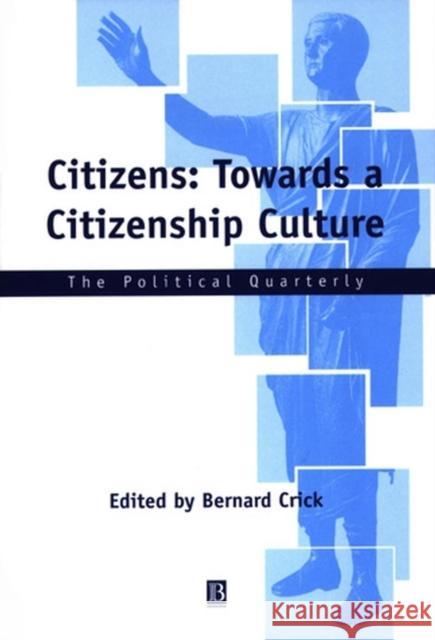Citizens: Towards a Citizenship Culture » książka
topmenu
Citizens: Towards a Citizenship Culture
ISBN-13: 9780631228561 / Angielski / Miękka / 2001 / 320 str.
This is the eighth book of a series published with The Political Quarterly.
- Expert contributors including Joyce Macmillan, Michael Brunson, Karen Evans, John Maxton, Matthew Taylor, Neal Acherson, Yasmin-Alibhai Brown and Anthony Everitt.
- Asks how a radically more participative citizenship culture could be achieved - one where people think of themselves as citizens and act like citizens.
- Concerned with long-term proposals rather than short-term issues.
- Looking towards the middle years of the new century it offers a practical vision of a more democratic and genuinely inclusive society.











